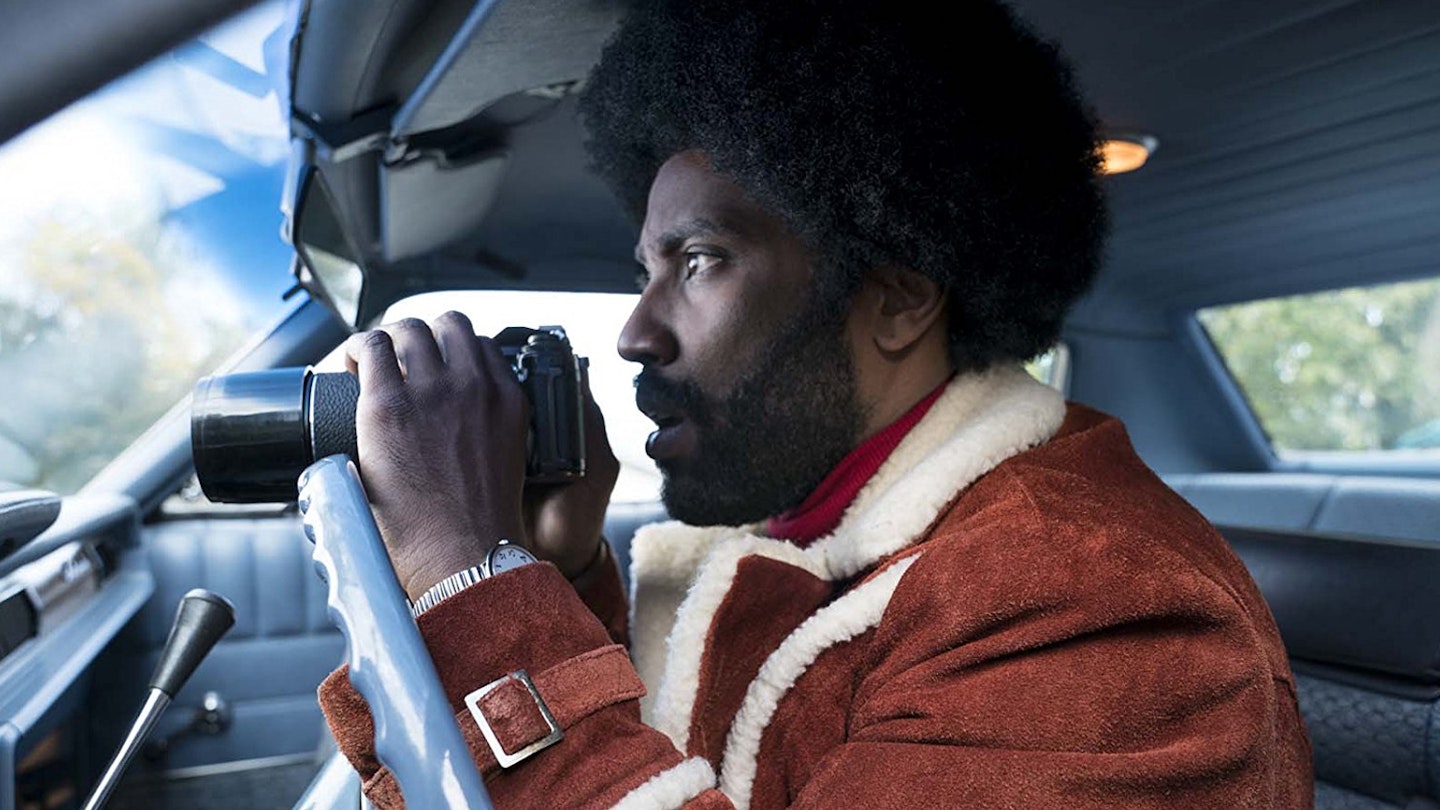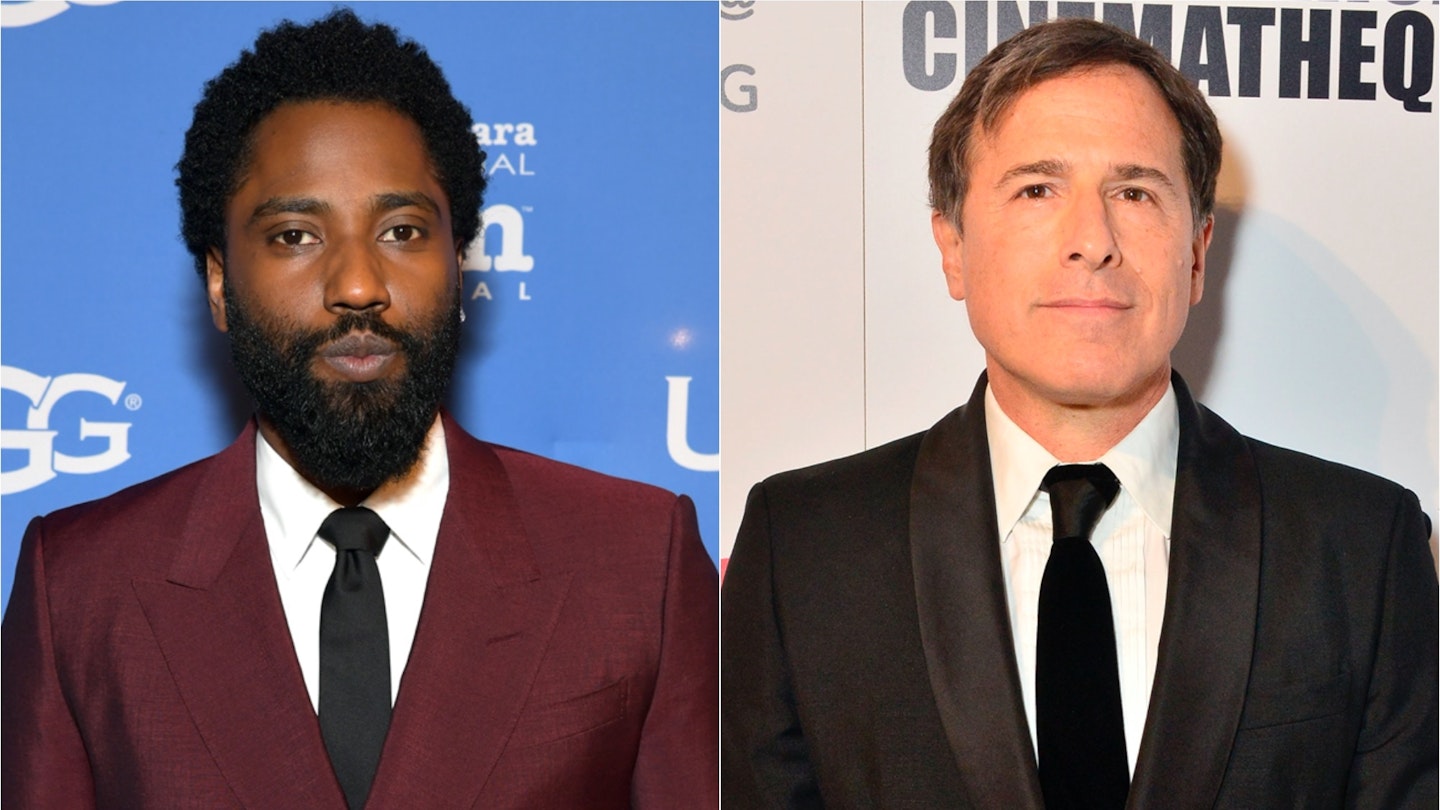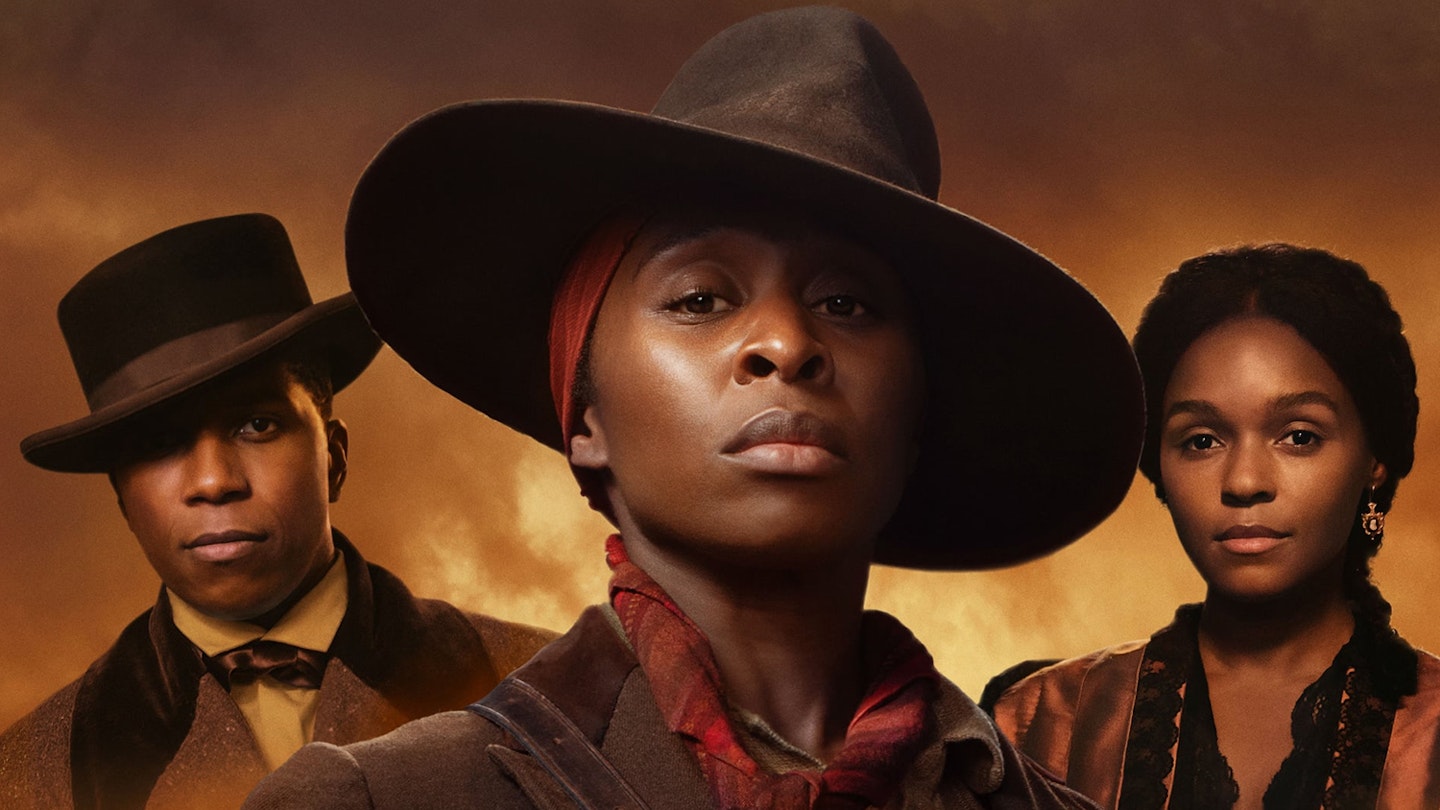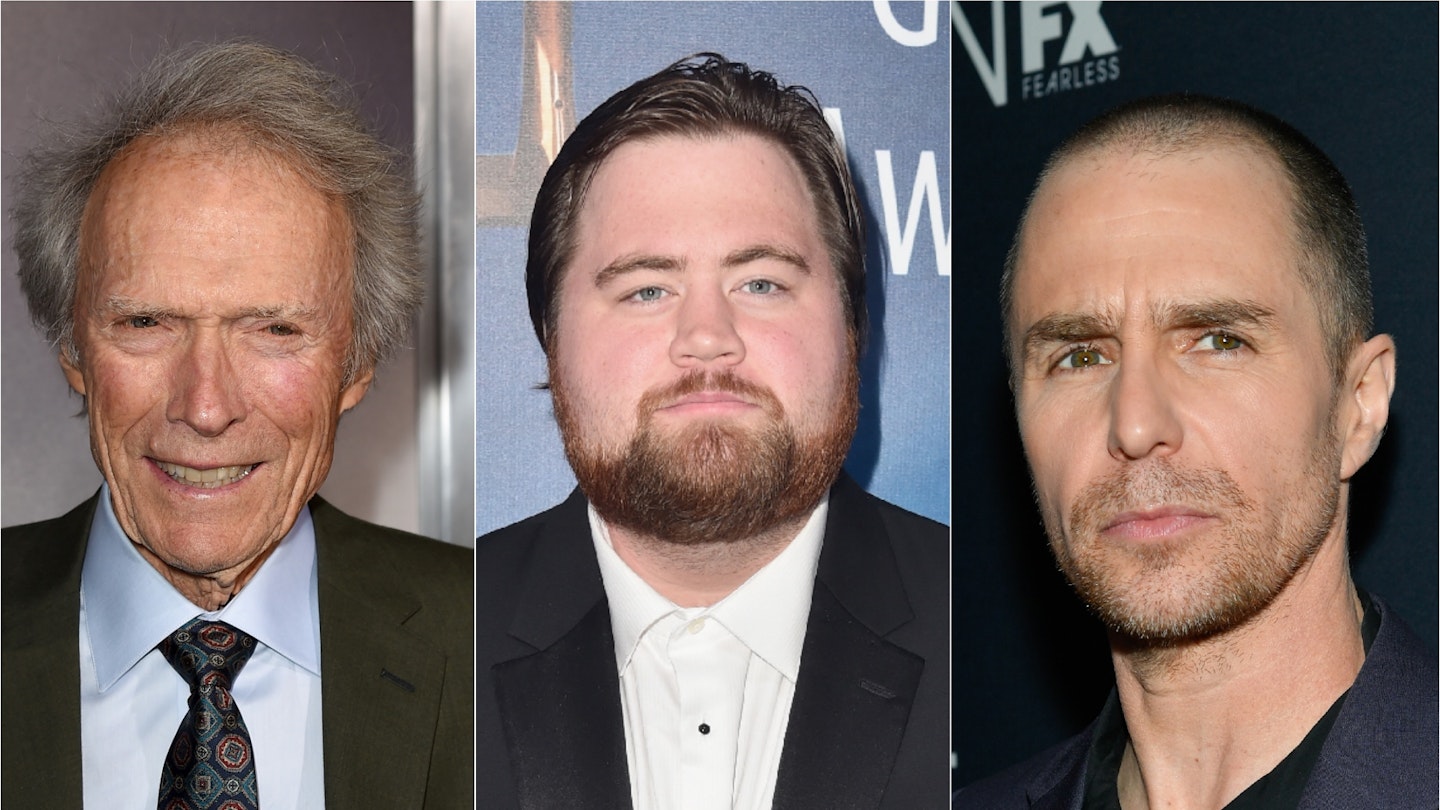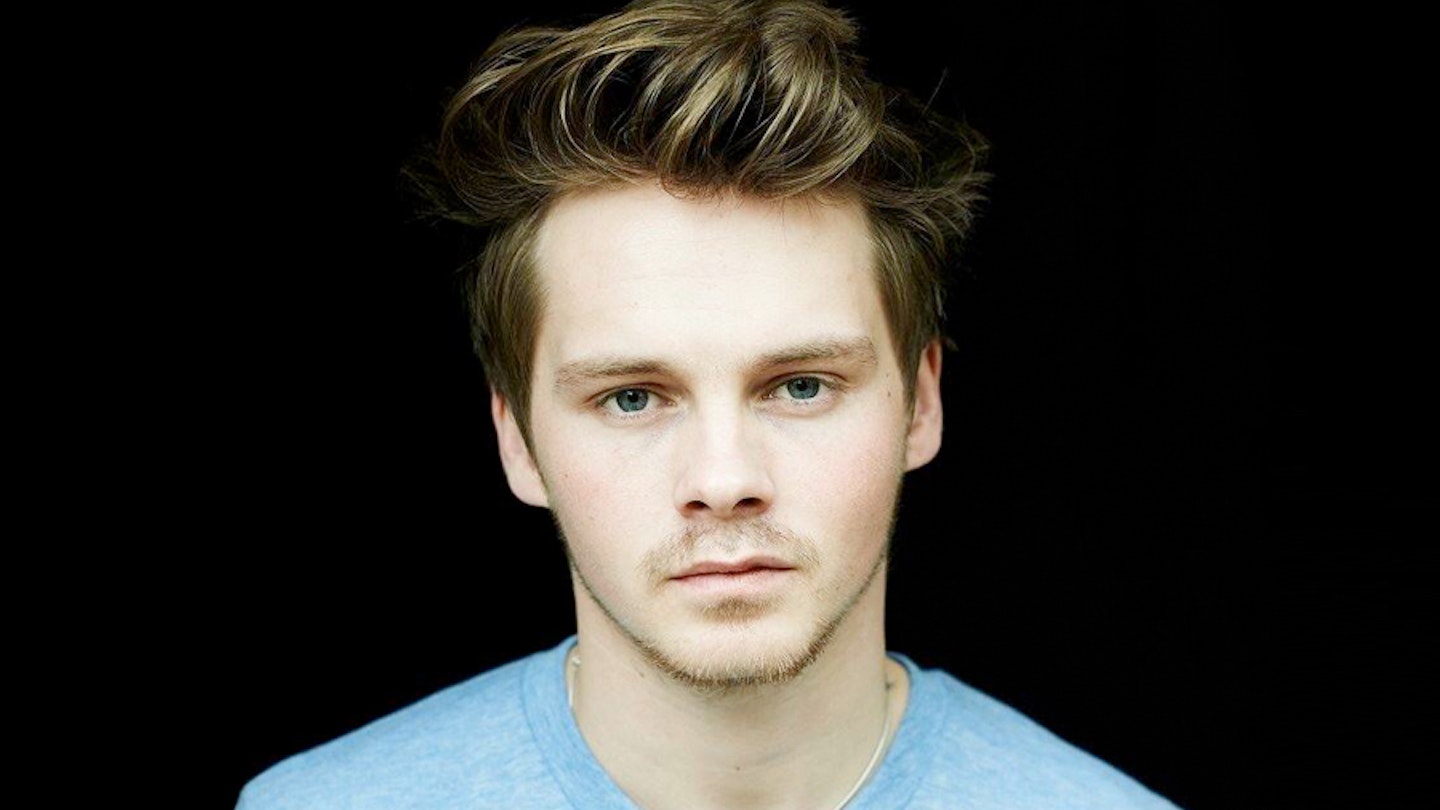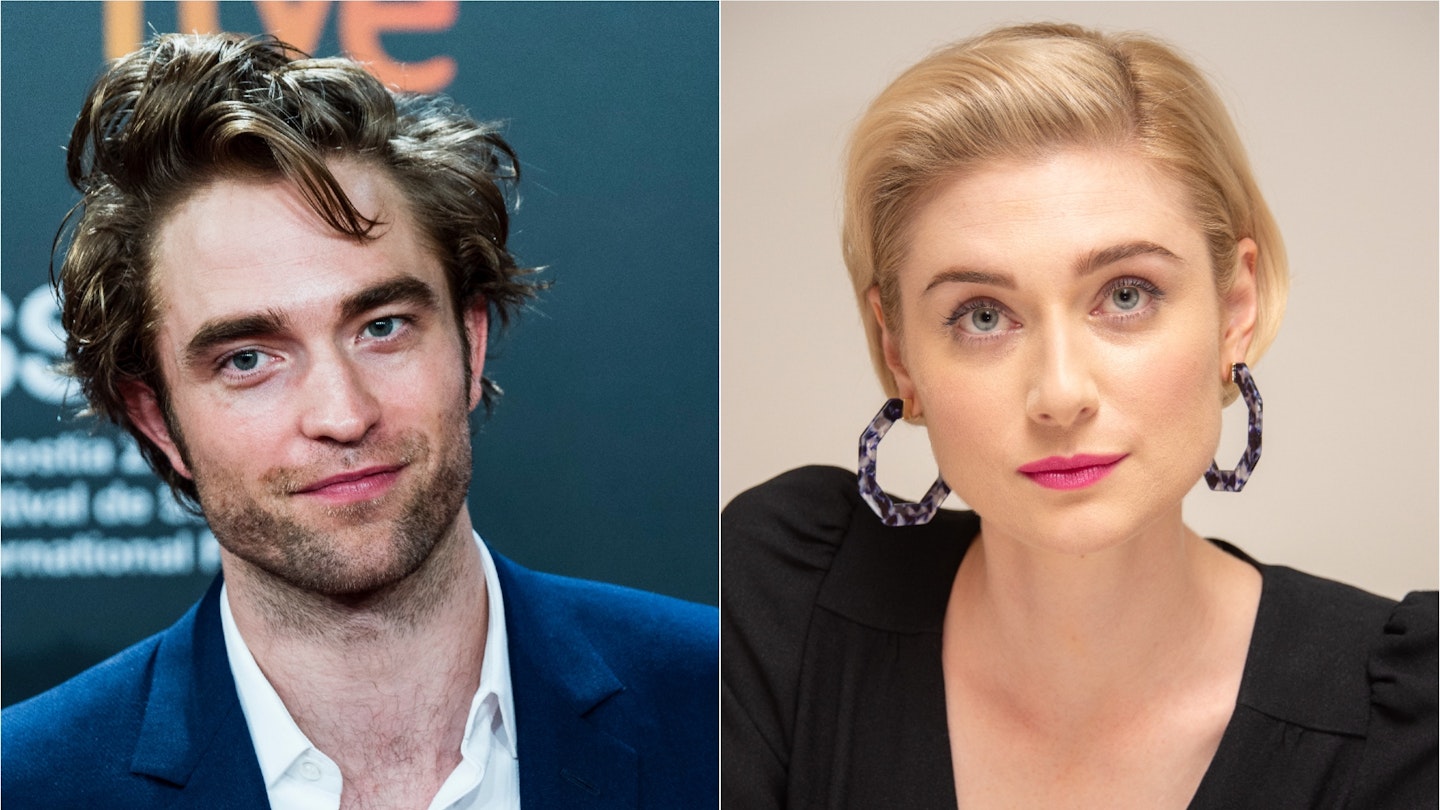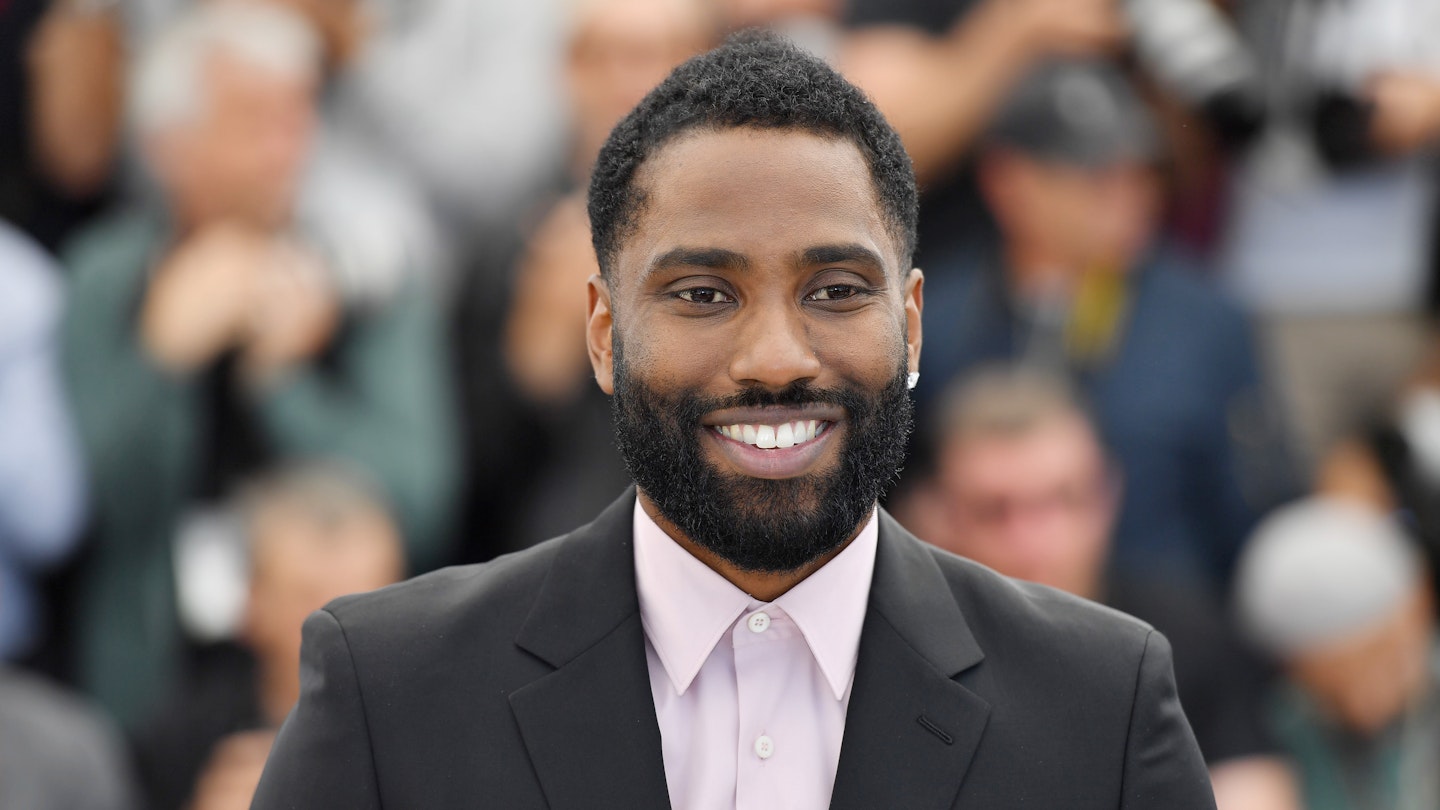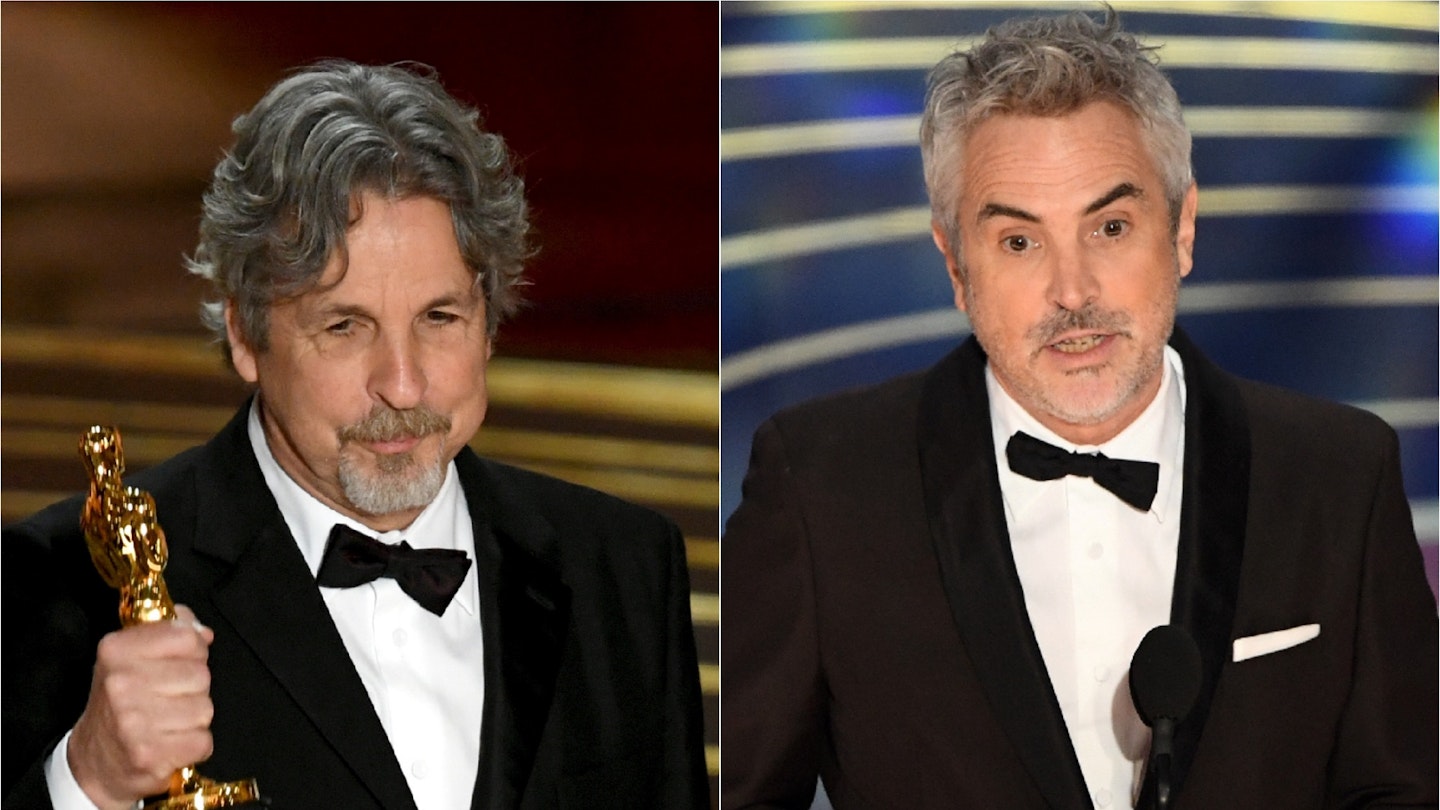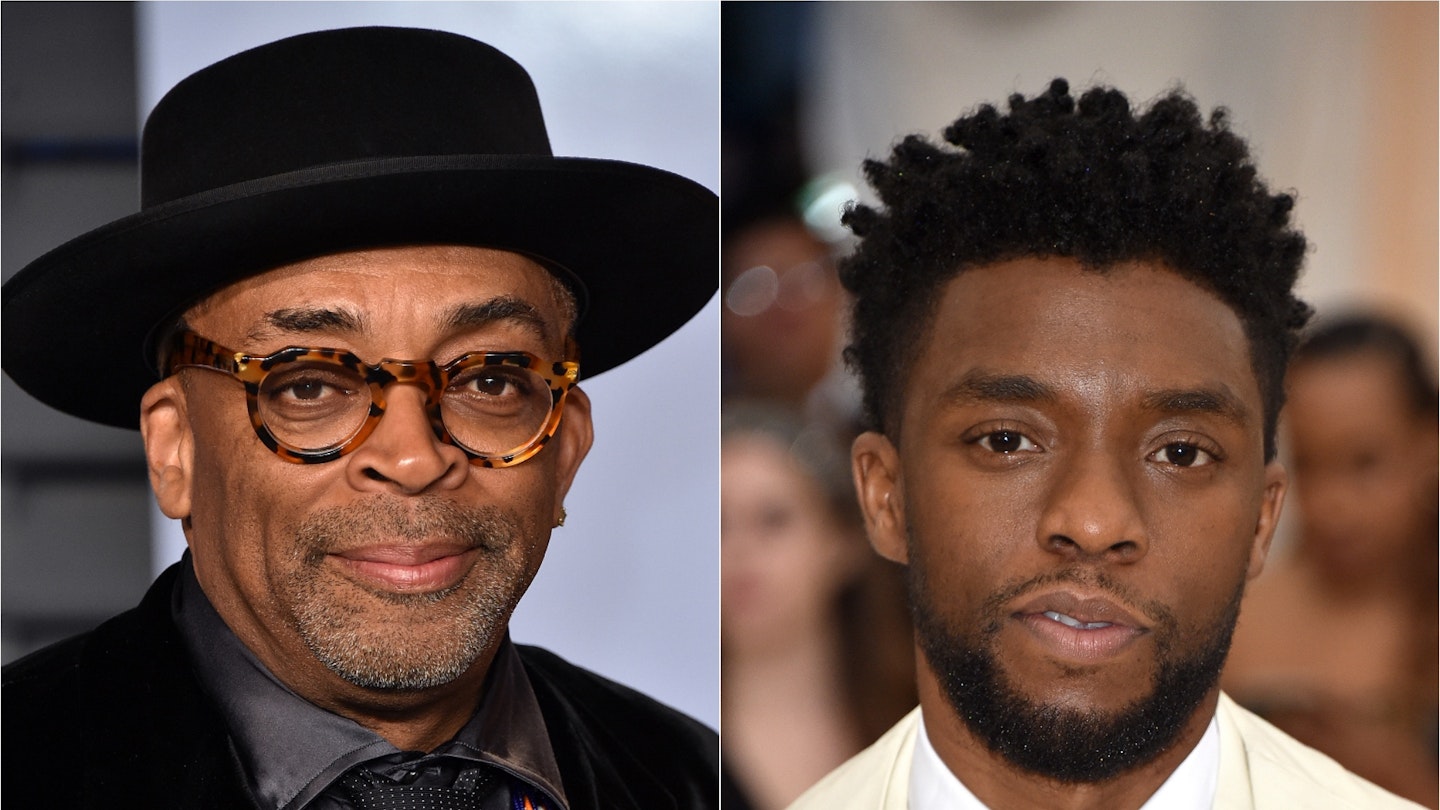The premise of Spike Lee’s latest — a black man joins the Ku Klux Klan — sounds so unlikely it had to be based on a true story. Taken from the 1970s-set memoirs of an undercover police detective, this story’s weirdest flourishes come from fact and its resonance from current news stories. While 2001’s The Believer mined a somewhat similar story for tragedy, this one is both a hilarious romp and a devastating indictment of our own time.
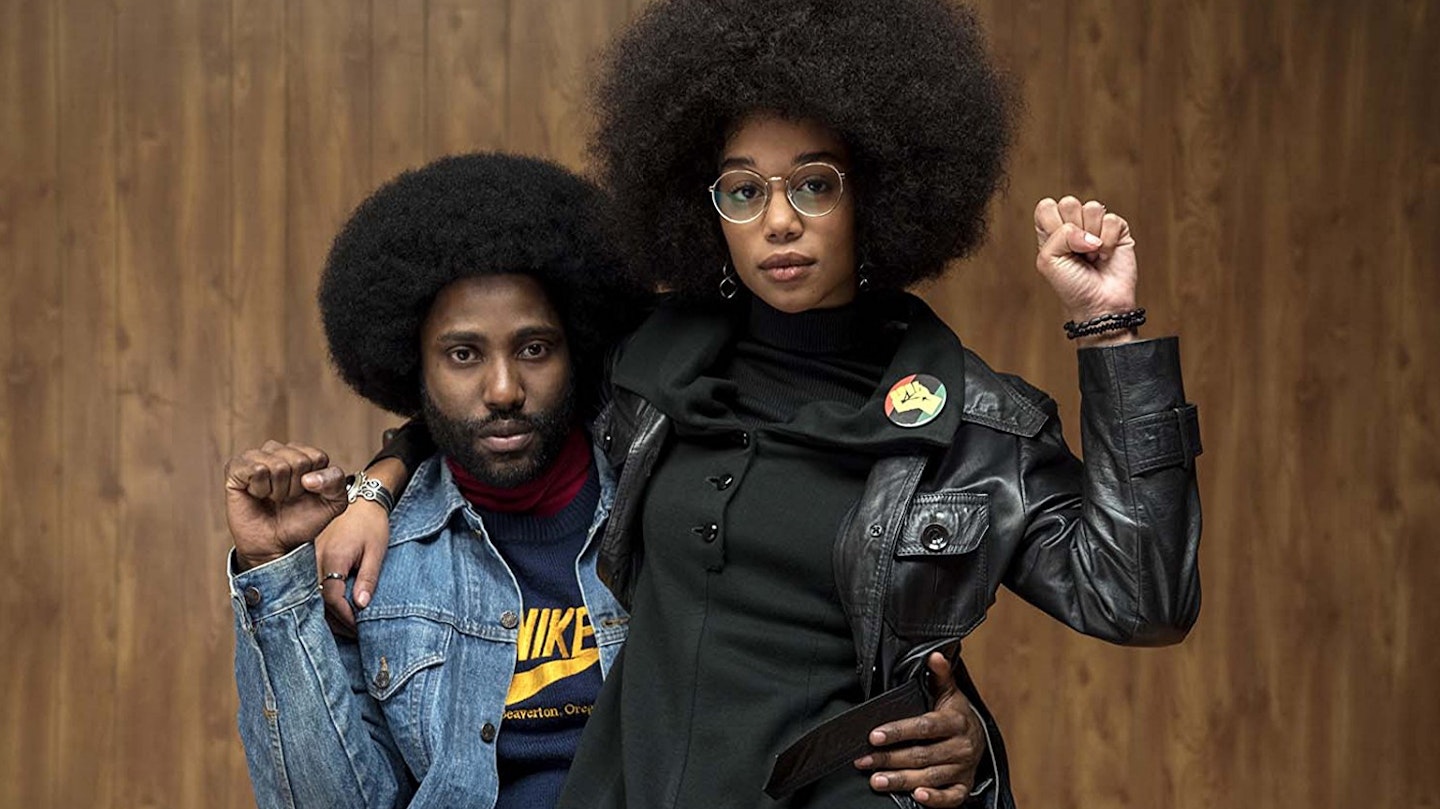
Ron Stallworth (Washington) is the first African-American hired by the Colorado Springs Police Department. After a small undercover success, he impulsively calls the local Ku Klux Klan and announces he hates all non-white people and wants to join. When he’s invited to meet them in person, he persuades fellow officer Flip Zimmerman (Driver) to play his white counterpart.
It’s almost unbelievable, but Stallworth really did get on the phone to the Klan’s Grand Wizard David Duke (played here by Topher Grace). That sort of sheer unlikelihood makes for some of the film’s laughs. But there’s creeping dread too, with Lee mining tension as the duo close in on their targets as suspicions about them grow. But beneath the entertainment this is dense social and political commentary. The Klan are ridiculous and their claims to genetic superiority laughable. But they are also chillingly evil, because their ignorance fuels violence; their dullness won’t protect their would-be victims.
Lee raises the stakes for Stallworth by bringing to the fore the black activists of the era, with Laura Harrier’s fiery, quick-witted Patrice eloquently counter-arguing the Klan’s claims by her mere existence. Stallworth is smitten. She’s warier, and preoccupied with her cause, but through her (and an undercover mission surveilling Corey Hawkins’ Kwame Ture) he’s exposed to activism for true equality and against cooperation with a racist system.
It’s caught between activists and racists that Stallworth’s uneasy role as policeman is developed and his character fleshed out. Stallworth’s torn between worlds: he likes his fellow officers, and believes in their calling, but cannot deny their racism or the suffering they cause his fellow black people. As the screws tighten on Stallworth, Washington’s performance suggests that Denzel’s heavyweight charisma is heritable, with all the same magnetism but his own wilder energy. Washington Jr is a little less coolly poised, but he has the same fierce intelligence and undeniable authority. That plays nicely against Driver’s Zimmerman, too, as the more experienced cop finds himself examining his own identity as a Jewish American for the first time and questioning his casual acceptance of the way things are. Lee may be a polemicist, but he makes room for character nuance that gives his films more depth and complexity than he’s sometimes credited with.
Lee keeps the film’s tone seesawing between knockabout adventure and deathly serious political polemic, which won’t be to everyone’s taste. But for the most part, the moments of levity serve to keep the bleakness at bay. Evil is among us, hidden — or not so hidden — in the hearts of ordinary-looking people. As the film’s final moments make clear, we need a new fight back against it.
